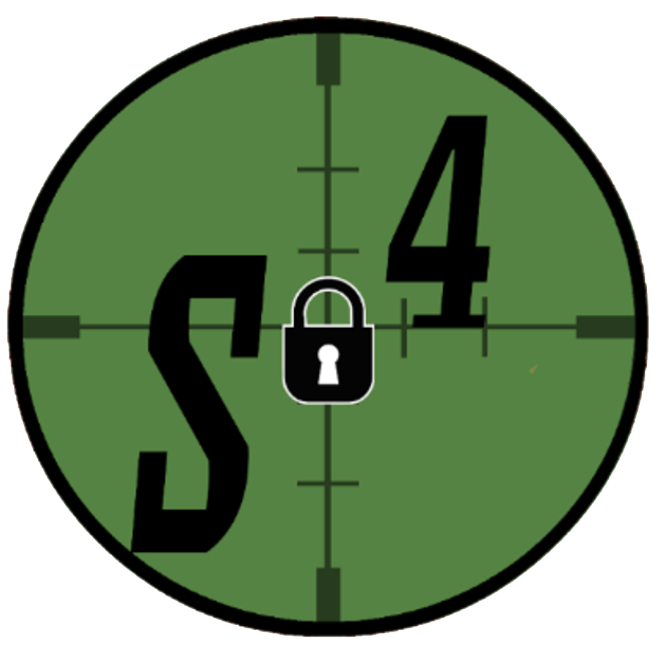The S⁴ Data Set
The S⁴ Data Set tracks attacks on security sector personnel (as well as on civilians whom the state has armed). Collated information includes casualties suffered, and types and quantities of materiel lost, the category of incident, the perpetrator, and relevant contextual information. The database allows governments, donors and regional organizations to determine priorities, assess risk, document diversion, establish trends, promote accountability and improve good practice. Field-based research and analysis supplement the data set. The S⁴ Initiative seeks to:
promote and operationalize weapons and ammunition management good practice and arms control frameworks;
help ensure that training and equipment are needs-appropriate and used as intended; and
break down silos and encourage greater communication and cooperation among diverse actors.
As of December 2022, the S⁴ Data Set contained more than 2,000 attacks on security forces. Most of the recorded incidents have occurred in Lake Chad Basin riparian countries: Cameroon, Chad, Niger and Nigeria. S⁴ has begun to undertake research on attacks on national security forces, international peacekeepers, and community self-defence groups in Burkina Faso and Mali and several countries in central and eastern Africa. Currently, some ten per cent of these incidents are recorded in the web-based interactive map, the static map detailing attacks in the greater West Africa region, and the table documenting attacks on global peace operations (see Maps & Tables tab).
Selected significant events of loss of security sector stockpiles in the Lake Chad Basin region, January 2015–April 2021
From the report “The Management of Lethal Materiel in Conflict Settings: Existing challenges and opportunities for the European Peace Facility”, September 2021, International Peace Information Service (see Studies under Other Resources tab), derived from a sample of the S⁴ Data Set.

